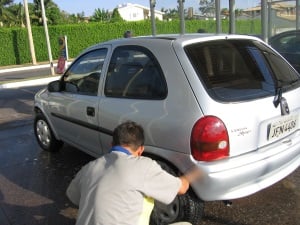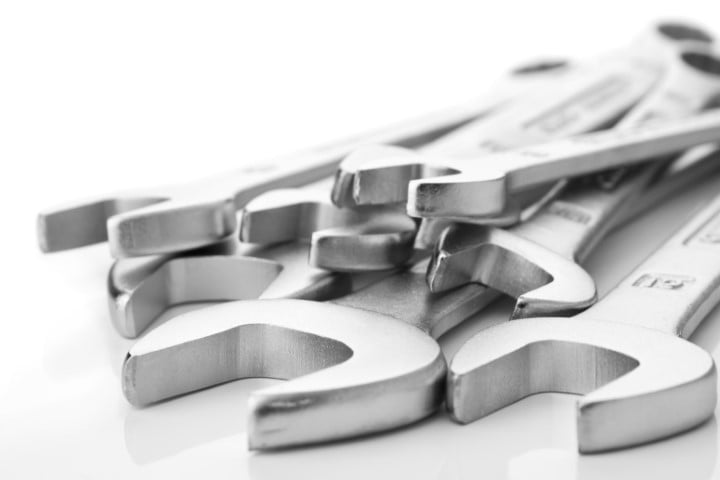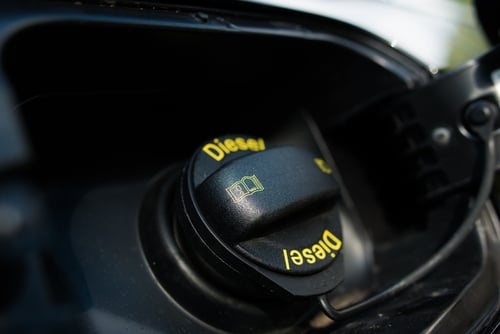More signs to look for when you buy a used car
A follow-up to our previous blog entry on things to look for when shopping for a used car. Buying a used car is always a better financial decision...
3 min read
Erik Bjornstad : Sep 22 2014

It’s well established that buying a new car does not make financial sense. You spend $25,000 on the car and then see its value drop 25% as soon as you get behind the wheel. Savvy consumers don’t buy new cars – they buy not-that-old used cars and let someone else take the hit on the depreciation. This sounds great in theory, but human nature is a funny thing. There are lots of people who don’t buy this logical reasoning because they’re afraid that they’re going to get stuck with a lemon of a used car. They don’t want to buy someone else’s problems. They don’t trust the purchase that they’re making.
 As with lots of things in life, there are no guarantees when buying a used car. But there are things you can look out for that will lessen the risk of getting someone else’s lemon. And if you find a good, reliable used car that you can buy, that’s the best of both worlds because you spend thousands less than you would be buying new.
As with lots of things in life, there are no guarantees when buying a used car. But there are things you can look out for that will lessen the risk of getting someone else’s lemon. And if you find a good, reliable used car that you can buy, that’s the best of both worlds because you spend thousands less than you would be buying new.
But what’s the magic formula? There isn’t really one, but there are things you can do and things you can pay attention to, prior to picking out your used car selection, that will steer you away from the hidden lemons and towards the long-lasting, well-priced car that you’re really looking for.
How do you know that the car has been reliably serviced? Just looking at the car from the outside tells you nothing. You want to buy a used car that has been well taken care of, and which has had all the scheduled maintenance provided. Someone who values their car is going to have those records. That's who you want to buy from.
The average car buyer isn’t interested in getting a car that does 0-60 in under 5 seconds. High performance isn’t on their radar. But if you happen to be considering a performance car on the used market, remember that the person you’re buying it from probably didn’t get it for the amount of trunk space it provides. Performance cars are built to go fast. And they’re more likely to have more stress on the suspension and engine, not to mention other expensive systems. So if the name of the game is trying to see which used car is more likely to last for a long time, you should bet against the performance cars.
Part of doing your due diligence with a used car is taking it to a mechanic and having them do a complete inspection prior to you purchasing it. Any reputable seller should allow you to do that. Once there, have the mechanic check the coolant condition (as per above, they’re going to do this as part of the complete inspection you’re getting). If there’s debris in the coolant overflow reservoir, it’s a good sign it hasn’t been serviced like it should.
One thing that won’t tell you a whole lot is the coolant color. It used to be that you could tell the condition of the coolant by the color. But the variety of coolants used in different cars is much greater now than in the past. So color isn’t going to tell you anything useful now.
Most used car sellers are honest people. But you get the few knuckleheads who really are trying to pass off their lemons. You’re not going to be one of those people, are you? So keep an eye out for anything that hints at a big mechanical fix that the car went through. It could be something as simple as popping the hood and seeing the engine compartment shining like a beacon of cleanliness. If you were suspicious, you’d probably put your ear up to the engine and you’d hear it whispering “hey buddy, I leak oil really badly. But you wouldn’t know it because I’m so clean!”
As we said, buying a used car is a much better deal than buying an overpriced new car. But there are risks. The savvy buyer (which now means you because you’ve read this) can swing the odds of finding a good car firmly back in your direction by paying attention to a few of these suggestions.

A follow-up to our previous blog entry on things to look for when shopping for a used car. Buying a used car is always a better financial decision...

Those who read our Healthy Oil blog series from this past year may remember the advice we gave on the critical issue of "how often should I change...

Have no fear about buying your next car with a modern diesel engine. Diesel fuel is denser than gasoline, so it provides better fuel economy -...